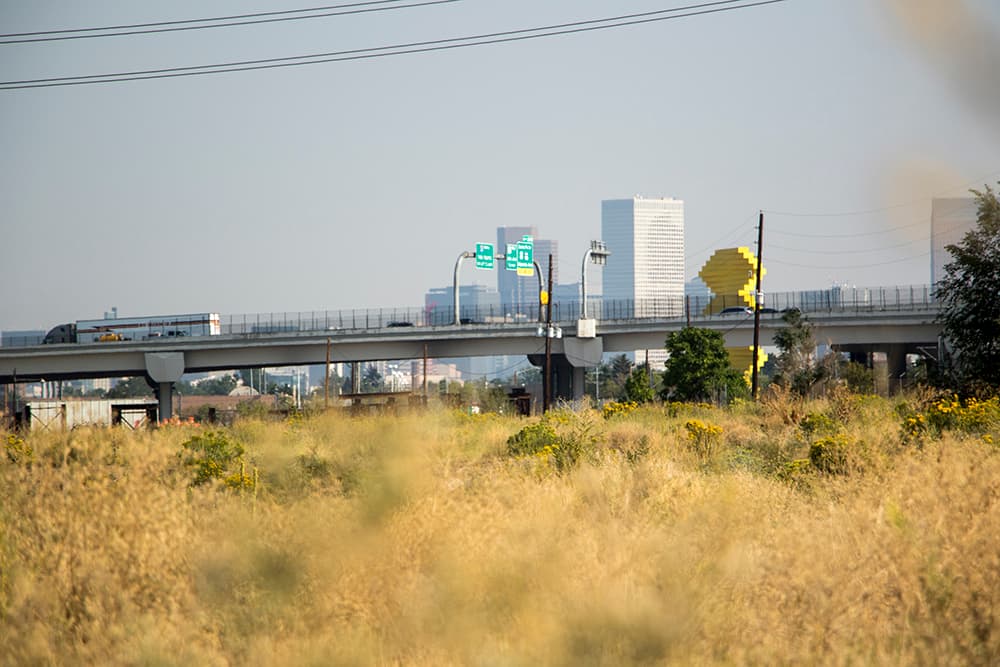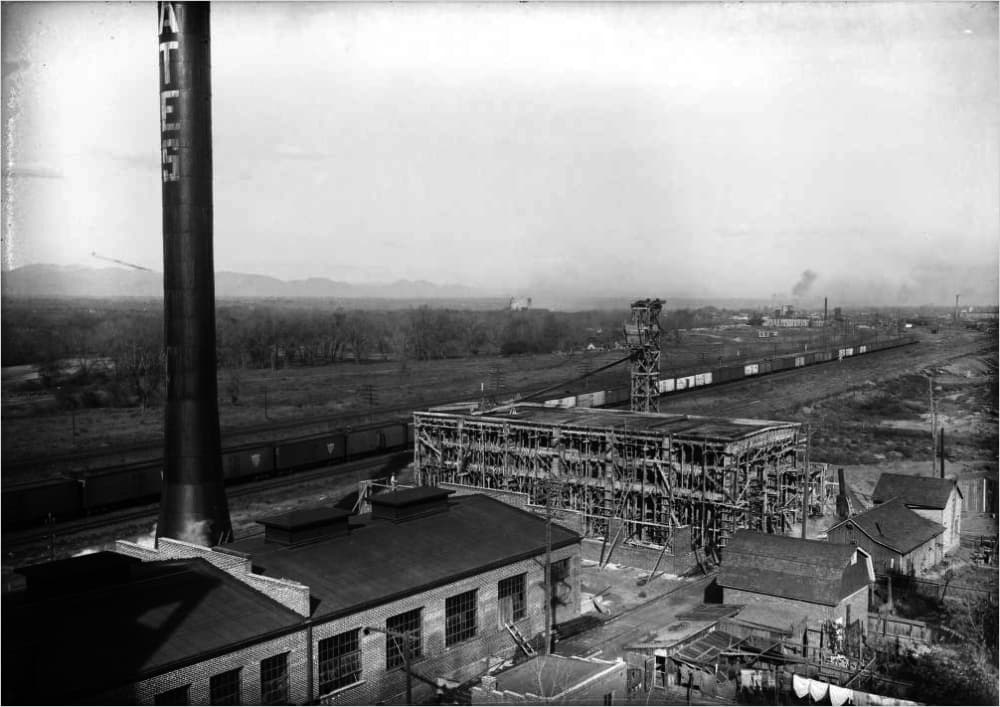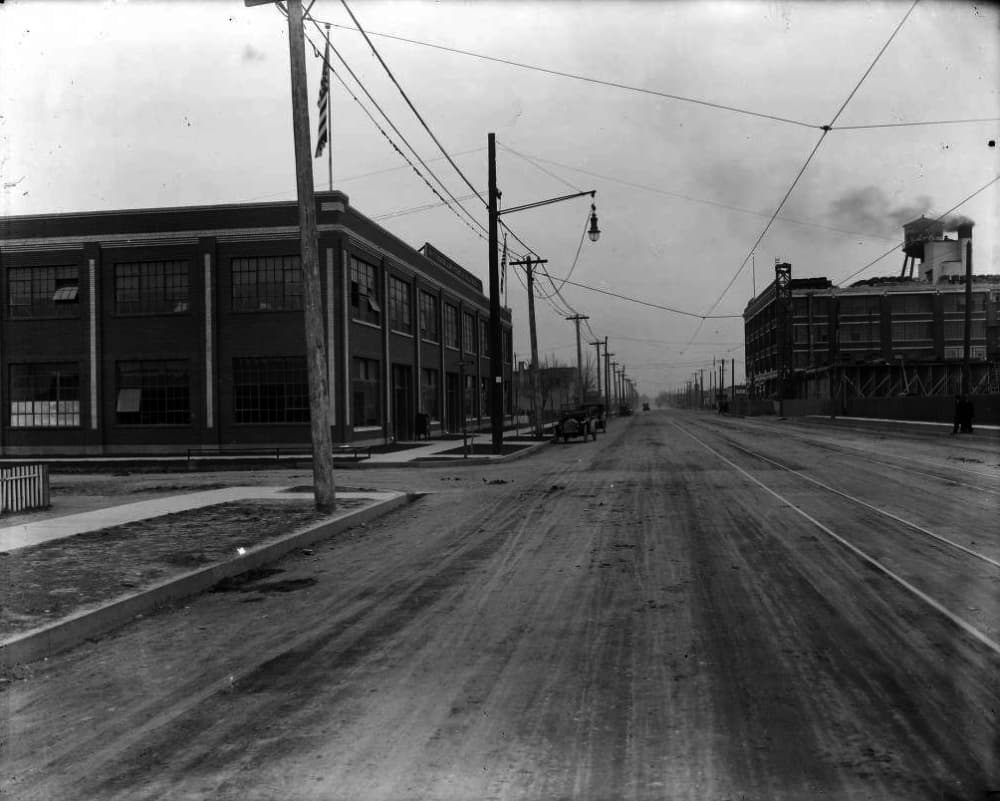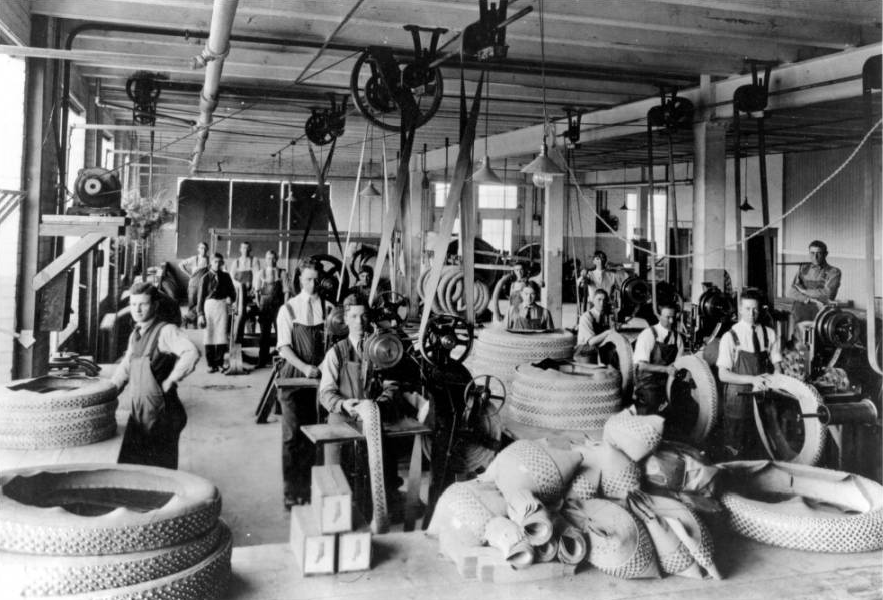
Denver City Council is expected to weigh in Monday on the latest plans to revitalize the former Gates Rubber site south of Interstate 25.
Council is being asked to OK the Denver Urban Renewal Authority chipping in millions of taxpayer dollars to make the Baker redevelopment happen. The financial assistance will help transform the site comprised of weeds, pollution and trash to an area with homes, offices and commercial space, according to DURA.
First reading for DURA's proposal is expected to be held Monday and a public hearing and second reading is planned Oct. 2.
DURA is suggesting to create a new 85-acre urban renewal area for the site sandwiched between South Santa Fe Drive and South Broadway. The urban renewal area would allow the Denver Urban Renewal Authority to collect property taxes to pay for infrastructure improvements in the area.
Altogether, the project could receive about $90 million from tax increment financing as well as an additional $48 million from the three metropolitan districts in the area for a combined $138 million in assistance, according to DURA.

If all goes according to plan, building on the site could start as soon as late next summer, according to the owner of the site, Broadway Station Partners.
Councilman Kevin Flynn and his colleagues on the Denver Finance and Governance Committee voted unanimously last week to send DURA's proposal to City Council for a vote.
"I know people have been waiting for such a long time for the redevelopment of the old Gates plant. It seemed like we were going to be looking at that big hulking reminder of Denver's industrial age forever," Flynn said.
"I know a lot of people miss it. I know they miss seeing that landmark, but I have a feeling that what will be developed here is going to become a landmark for the current generation and future generations," he said.

Gates Rubber Co.'s presence along South Broadway dates back to at least 1911 when Charles and Hazel Gates acquired the Colorado Leather and Tire Co. The site turned out rubber tires and other products through both World Wars. During the 1950s, the rubber company began expanding abroad, paving the way for operations in Denver to eventually die off in the following decades. By 1991, manufacturing at the site was halted, and in 1996 the company was sold.
Broadway Station Partners is proposing to get the site ready so developers can add hundreds of apartments, as well as office and retail space, north of West Mississippi Avenue.
Eventually, the site could hold up to 2,589 residential units, 902,644 square feet of office and coworking space and 108,878 square feet of retail space, according to BSP.

Subscribe to Denverite’s newsletter here.
Business & data reporter Adrian D. Garcia can be reached via email at [email protected] or twitter.com/adriandgarcia.












